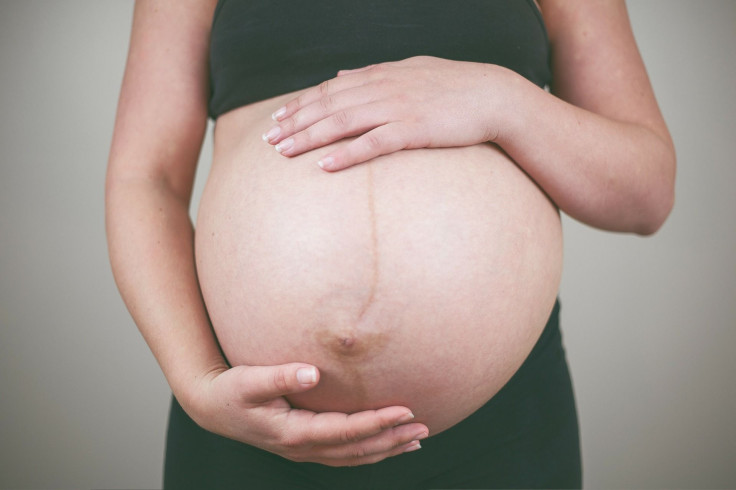Pregnant Women’s Weight, Blood Pressure, And Blood Glucose Levels Influence Baby’s Size

For roughly nine months, pregnant women are supposed to pay attention to what they eat and drink, and abstain from alcohol, drugs, and tobacco use. But according to an international team of researchers, the impact moms have on their unborn babies goes beyond what they consume. Their study, published in JAMA, reveals how a pregnant woman’s weight, blood pressure, and blood glucose levels can affect her unborn baby’s risk of having a low or high birth weight.
"Being born very large or very small can carry health risks for a newborn baby, particularly when that's at the extreme end of the spectrum,” said the study’s co-author Dr. Rachel Freathy, a postdoctoral fellow at the University of Exeter Medical School, in a press release. “Higher and lower birth weights are also associated with diseases such as Type 2 diabetes later on in life. “Understanding which characteristics of a mother influence the birth weight of her offspring may eventually help us to tailor management of a healthy pregnancy, and reduce the number of babies born too large or too small."
To determine which health factors drastically affected a baby’s size, researchers examined data from 18 studies involving over 30,000 healthy women and their babies. They first looked at each mother’s body mass index, blood glucose and lipid levels, and blood pressure, and then compared this information to their baby’s weight at time of birth. Babies tended to be born larger when a mother was overweight or obese, or had higher-than-normal blood glucose levels, at the time of birth. Women with high blood pressure, on the other hand, tended to give birth to smaller babies regardless of whether they were obese or normal weight.
It’s well known that high blood pressure increases the risk of low birth weight. However, the fact that all women with high blood pressure gave birth to small babies suggests that what happens during gestation is influenced by more than just weight. According to the March of Dimes, high blood pressure can cause the blood vessels in the uterus to narrow. In turn, the baby may not have access to the oxygen and nutrients he or she needs to grow properly, which ultimately slows development. To determine this direct cause-and-effect relationship, however, the researchers said further investigation will be needed. In addition to this, the researchers also plan to extend their study timeline to determine how a mother’s health affects her baby over the long term.
"We will continue to work together to answer the next important question, which is whether the effects of mothers' weight, glucose, and blood pressure on their babies’ weight at birth has a lasting effect as their children grow and become adults themselves,” said the study’s co-author Debbie Lawlor, an epidemiology professor at the University of Bristol, in a press release. “Do children born to women with high glucose levels in pregnancy continue to be heavier throughout their lives?"
Source: Freathy R, Tyrell J, and Lawlor D, et al. Genetic evidence for causal relationships between maternal obesity-related traits and birth weight . JAMA. 2016.



























